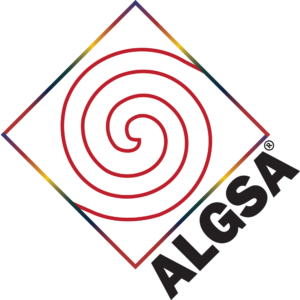New high throughput assay enhances early detection of cholestasis in newborns
A newly developed high throughput assay using ultra high performance liquid chromatography coupled with tandem mass spectrometry (UHPLC-MS/MS) for quantifying bile acids in dried bloodspots (DBS) enables rapid and effective early screening of cholestasis in children, according to a study. This method, which shows good performance and can be easily integrated into newborn screening programs, could significantly improve early detection and management of cholestatic diseases.
The researchers developed a quantitative bile acid assay with a rapid run-time of 2 minutes and a 1-step sample preparation process using 3.2 mm DBS discs. Validation results indicated overall good performance. In children with Alagille syndrome, Aagenaes syndrome, and alpha-1 antitrypsin deficiency, elevated BAs were detected in DBS from newborn screening samples compared to age-matched controls, with distinct bile acid profiles observed.
Reference
Ziegler A, Sæves I, Almaas R. Differences in bile acid profiles between cholestatic diseases – Development of a high throughput assay for dried bloodspots. Clin Chim Acta. 2024;562:119864. doi: 10.1016/j.cca.2024.119864. Epub ahead of print. PMID: 38992821.
Rare Disease 360® is the Official Media Partner and Official Publication of The Alagille Syndrome Alliance (Alagille.org).

